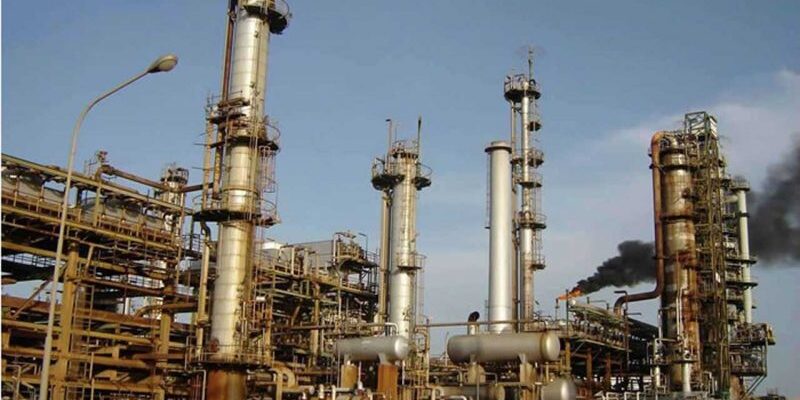The Organization of Petroleum Exporting Countries (OPEC) has announced that Nigeria’s Dangote Refinery, the world’s largest single-train facility, is poised to challenge Europe’s oil industry, particularly impacting the Northwest Europe (NWE) gasoil sector.
In its June 2024 Oil Market Report, OPEC highlighted Dangote Refinery as a top supplier of diesel and aviation fuel.
The report suggests that the refinery’s increased production could disrupt Europe’s oil and gas markets, a development experts believe will benefit the Nigerian economy.
Standard & Poor’s Global has projected that the $20 billion Dangote refinery will significantly alter international crude flows once it reaches full capacity. Since beginning operations in January, the facility has already made an impact on the market.
OPEC’s report noted, “The potential for increased production from Nigeria’s Dangote refinery, combined with strong flows from the Middle East and new supplies from Mexico’s Olmeca refinery, will likely pressure NWE gasoil performance in the mid-term.”
The report further emphasized that Europe, a major consumer of refined petroleum products, has been reliant on imports from Asia and the U.S. since the European Union banned Russian diesel.
With a capacity of 650,000 barrels per day, the Dangote refinery, owned by Africa’s richest man, Aliko Dangote, is targeting the European market after international oil companies ceased supplying its crude oil.
Devakumar Edwin, Vice President of Oil and Gas at Dangote Industries Limited, announced that the company had recently exported its first jet fuel cargo to Europe as it ramps up production. He reported that over 90 percent of the 3.5 billion liters of jet fuel and diesel produced has been exported, citing a lack of support from the Nigerian government.
According to S&P Global, BP is currently transporting its first jet fuel cargo to Rotterdam from Dangote, having secured part of a 120,000-metric-ton tender for late May.
OPEC’s report indicated that “in June, the jet/kerosene crack spread in Rotterdam against Brent showed a slight decline due to supply-side dynamics,” adding that while air travel demand is improving, subdued jet fuel demand is affecting the product market.
S&P Global noted that in its first six months of operation, the Dangote refinery scaled up to 400,000 barrels per day and supplied diesel, jet fuel, naphtha, and fuel oil to both domestic and export markets. Gasoline, Nigeria’s primary fuel, is expected to be produced by mid-August.
The refinery has already influenced crude flows, with numerous Nigerian cargoes remaining in-country, while imports of U.S. WTI Midland, a comparable light, sweet grade, have increased.
This mega-refinery could tighten the light, sweet crude market, as it primarily processes WTI and lighter Nigerian crudes.
Dangote stated that the facility would expand its feedstock sources to include Libyan, Angolan, and Brazilian crude.
“The refinery was built to use Nigerian crude and add value to it within Nigeria. Why should we deviate from that focus?” he questioned, while acknowledging that crude supply issues are being resolved and that the refinery is open to all opportunities to supplement its needs.
Rasool Barouni, Associate Director and head of refining at S&P Global Commodity Insights, explained that the Dangote refinery is designed to process a variety of light and medium grades of crude oil, including Nigerian grades, and that other West African grades could be considered.
Nigeria, the largest oil producer in sub-Saharan Africa, produced 1.5 million barrels per day in June, according to the Platts OPEC Survey by S&P Global Commodity Insights.
Until this year, Nigeria exported all its oil due to insufficient refining capacity, necessitating the import of gasoline, diesel, and jet fuel for domestic consumption.
![]()




